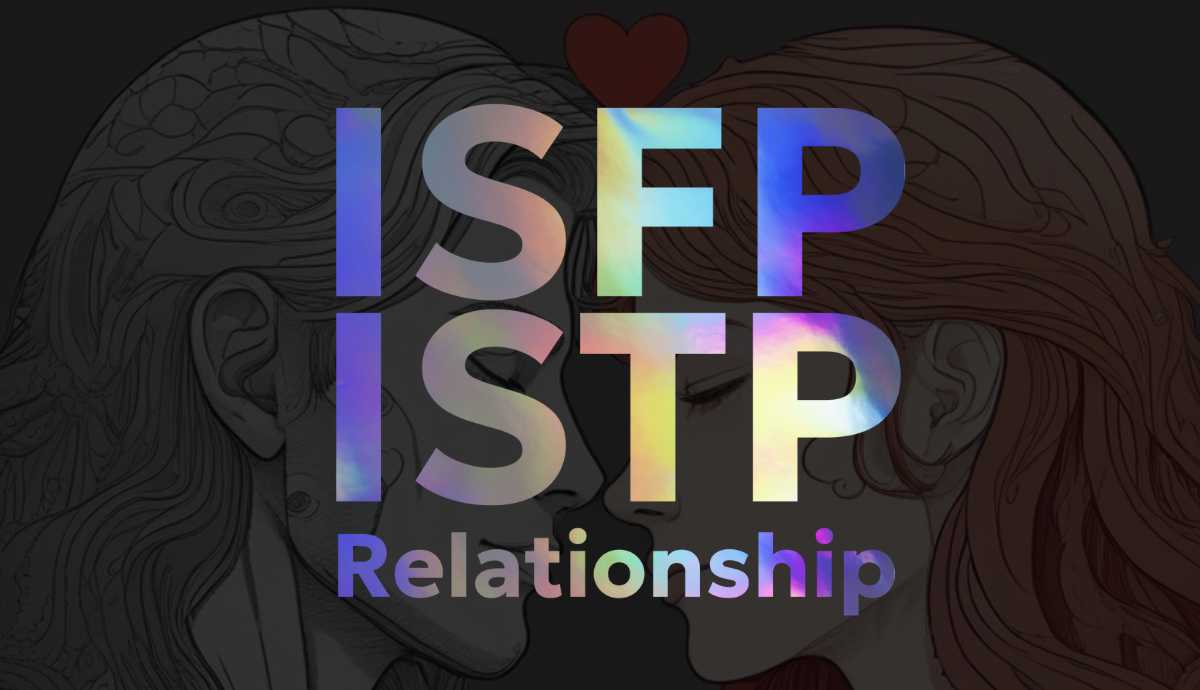The ISFJ is one of the 16 MBTI personalities and is grouped along with the ESFJ, ESTJ and ISTJ as part of the temperament group known as the Guardians. The ISFJ has been dubbed as a number of things such as “defender”, “logistical protector” and “nurturer”. The strengths of this personality type include an attention to detail, reliability and a charitable nature. For all their virtues and strengths, ISFJs also have their areas of difficulty. Here is a look at 7 weaknesses associated with being an ISFJ.
1. Concealing What they Really Feel
Their aversion to conflict coupled with their altruistic spirit, leads ISFJs to often refrain from expressing their discontent at the risk of offending others. They try to present a smiling face to the world but may air their grievances only among those in their intimate circle. Instead of addressing problems up front, ISFJs will often avoid the issue and pretend like everything is okay. This can result in pent up anger and frustration that mounts to an unhealthy level where it may eventually spill out in sudden emotional outbursts. Furthermore, ISFJs are inclined to avoid upsetting others and can sometimes falsely think they can protect people by sheltering them from unpleasant truths.
2. Being Hard on Themselves
ISFJs may sometimes struggle with certain insecurities and can often be too hard on themselves. Their Fe-based values pushes them to take seriously their roles and responsibilities to others. Furthermore, the ISFJ desires to live up to the standards and expectations they feel society has of them. ISFJs are very diligent and in the performance of their tasks and duties can place a lot of pressure on themselves to do well. Oversights and mistakes on their part can be taken as a blow to their self-esteem. Furthermore, ISFJs can find it difficult not to take most criticisms personally and any form of negative feedback can deeply upset and frustrate them, although they may not show it.
3. Letting Go
Letting go and moving on is something that is more difficult for types like ISFJ whose dominant introverted sensing makes them reluctant to part ways with the past. ISFJs have a strong desire to keep things the way they are and preserve past precedent. Anything of historical or sentimental significance can be very difficult for the ISFJ to detach from. This can include relationships and attachments to objects and places. They can hold onto unhealthy relationships for too long despite the harm they may cause. They’re sentimental attachments can blind them to the better opportunities and prospects that they could be experiencing.
4. Narrow Thinking
As with the other Guardian types, ISFJs are partial towards convention and proven methods that have withstood the test of time. Their attitude towards many new ideas and proposed changes tends to be one of skepticism and apprehension. ISFJs can be persuaded once they’re shown the evidence and proof of concept but in the process, they can put up a lot of resistance and harp on the perceived negatives more than the positives. Furthermore, ISFJs tend to avoid taking creative risks and are slow to embrace things that are different and deviate from what they are accustomed to.
5. Shyness
ISFJ’s tend to be shy and reserved and this can often be a barrier to their self-expression and ability to assert themselves. ISFJs are sometimes so concerned about how others perceive them that they conceal a lot of themselves and feel they need to keep their guards up to protect their feelings. Additionally, because they tend to be modest and unassuming, some of their contributions and diligence can go overlooked because they tend not to call attention to it. Although they know the value of what they do, and the hard work they put in, ISFJs can find it very uncomfortable and awkward when it comes to asking for promotions or requesting favors.
6. Overextending Themselves
As a service-oriented type who will go to great lengths to the aid of others, the ISFJ can be remarkably self-sacrificing. Their care and concern for others can lead them to bend over backwards and give more than they can sometimes afford to give or even ought to give. It is important for ISFJs to make sure they look after their own needs and not feel guilty about saying ‘no’ or setting boundaries as needed. Very often, ISFJs may find themselves doing more than they are obligated to do, especially when surrounded by highly negligent people. When other people fail to complete a task, make a mess, or leave something in an improper state, the ISFJ will often take it upon themselves to rectify the issue. ISFJs don’t like conflict and they don’t like to leave things undone, and so they often find it easier to just see to it themselves that the problem gets resolved rather than reprimand or confront the people responsible.
7. Getting Taken Advantage Of
Because of their highly conscientious nature and willingness to help, the ISFJ can often leave themselves open to being taken advantage of by others. At their jobs, in marriage, and at home with family, ISFJs are almost always busy trying to fulfill their commitments to other people in some form or fashion. Although they derive inner gratification and purpose from what they do for others, ISFJ should take care to make sure that the people they help are not taking them for granted or treating them like a doormat. Feeling unappreciated is among their biggest complaints and sources of resentment.
Want to know your astrology placements? You can generate your astrology chart here with our free birth chart generator tool.
related posts:
- ENFJ Weaknesses – 7 Struggles of Being ENFJ
- ESFJ Weaknesses: 7 Struggles of the ESFJ Personality
- ISTJ Weaknesses – 7 Struggles of Being ISTJ
- 7 Major Weaknesses of the INFP Personality
- ENFP Weaknesses: 7 Struggles of Being ENFP
- INTJ Weaknesses: 7 Struggles of Being INTJ
- INTP Weaknesses: 7 Struggles of being INTP
- 7 Major Weaknesses of the INFJ Personality
- ISTP Weaknesses – 7 Struggles of Being ISTP
- 7 Struggles of Being an ENTP
- 12 Shades of ISFJ: MBTI & the Zodiac
- 6 Best Paying Jobs For ISFJs
- The ISFJ Aries | MBTI & the Zodiac
- The 8 Cognitive Functions Explained - May 17, 2025
- American Presidents Ranked By Zodiac Sign - January 20, 2025
- ESTP and ESFP in love: 6 Dynamics of Their Relationship - September 4, 2024





